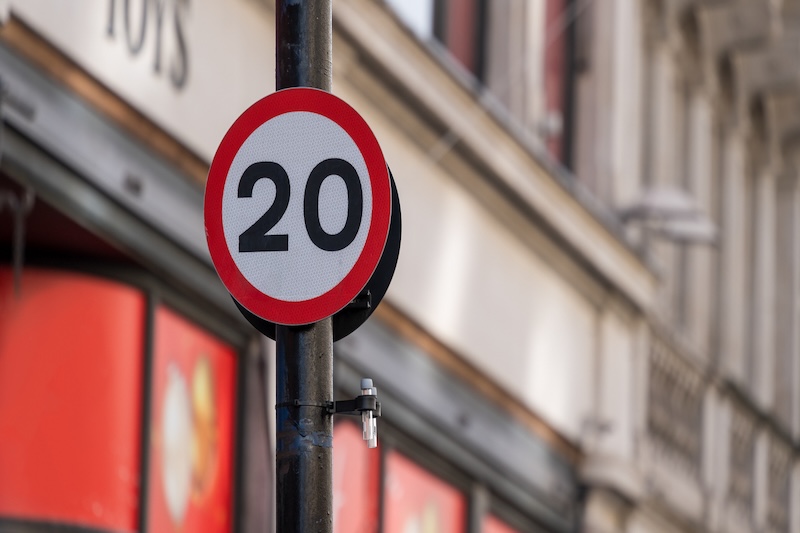DVLA medical conditions: full list and how to report

Have you declared your medical condition? The DVLA is warning drivers they could be fined for failing to speak up about any of these health issues…
Motorists are required to inform the organisation if they suffer from any medical condition that could affect their ability to drive – or else face hefty fines and an invalidated insurance policy.
What medical conditions should be reported to the DVLA?
Experts at Stress Free Car Rental have revealed six key health conditions that motorists may not know they need to declare.
A spokesperson for the firm said: “A few of the conditions we’ve highlighted are obscure, but when you consider their side effects, it’s clear to see why the DVLA need to know.”
Motorists with one of these medical conditions must inform the DVLA:
-
Diabetes
People with diabetes treated with insulin for over three months are considered a risk behind the wheel if they fall into a state of hypoglycaemia, caused by low blood sugar.
Common symptoms include feeling shaky or disorientated and experiencing blurred vision, which could all affect a driver’s ability to safely control a vehicle.
2. Epilepsy
According to driving regulations, people with epilepsy must have been completely free of seizures for one year, with or without taking anti-epileptic drugs (AEDs).
Motorists must also tell the DVLA if they suffer from epilepsy seizures that cause a déjà vu sensation.
3. Heart palpitations
Palpitations can feel like your heart is pounding, fluttering, throbbing, or even skipping a beat.
While many palpitations are caused by a harmless hiccup in the heart’s rhythm, they can trigger intense feelings of anxiety and stress, affecting our ability to concentrate on the road.
4. Labyrinthitis
An infection that causes inflammation of the inner ear, labyrinthitis can lead to bouts of nausea and dizziness that could impair your ability to drive.
Labyrinthitis can also affect your hearing, another barrier to safe driving.
5. Sleep apnoea
Sleep disorders including obstructive sleep apnoea syndrome, narcolepsy or any other condition that causes regular sleeplessness for over three months, must be declared to the DVLA.
People suffering from a sleep disorder must not drive until excessive sleepiness symptoms have been controlled.
6. Vertigo
People with vertigo, who suffer sudden and severe bouts of dizziness, should pass details of their condition on to the DVLA.
Vertigo can cause drivers to feel groggy, losing concentration behind the wheel and putting themselves and others at risk.
How do I report a medical condition to the DVLA?
Before you initiate reporting your medical condition to DVLA, first your should make sure your condition is one which needs to be reported, which you can do by visiting the gov.uk website. When it comes to notifying the DVLA of a medical condition, you can do this via post, telephone or email.
Invalid insurance
Driving with a condition that may increase the likelihood of a road-related incident can see motorists fined up to £1,000, and potentially further proceedings in the case of an accident.
Furthermore, insurance providers are unlikely to pay out for claims if a driver is found to have an undeclared illness at the time of a crash.
For a full list of conditions that could impair your ability to drive, visit the gov.uk website.
Do you suffer from hay fever? Experts are warning drivers to check their hay fever tablets before they drive.
Our car insurance policies !


